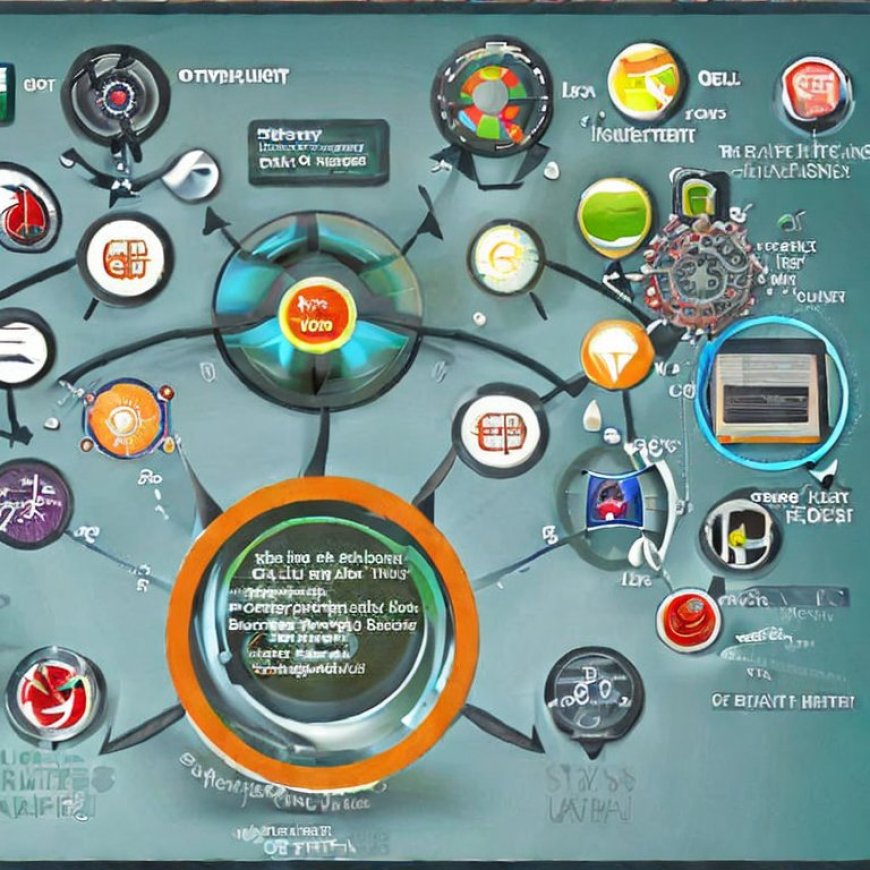Search Engine
In this Research/Blog we can configure how Search Engine Works. This working approach may be useful for projects.

A SEARCH ENGINE is a software program that helps people find the information they are looking for online using keywords or phrases.
A search engine is a sophisticated software system designed to help users locate information on the internet. Its primary function is to receive search queries from users and return a list of relevant web pages, documents, images, videos, or other types of information. Search engines play a crucial role in organising and making vast amounts of online content accessible to users quickly and efficiently.
The Search Engine Works within the basic three components.
-
Crawler/Spider
-
Indexer
-
Ranking Algorithm
Crawler: Crawler is reading content on web pages and storing that information in a database.
Search engines find new and updated web pages on the internet by using automated programmes known as crawlers or spiders. In order to locate new content, these crawlers begin with a list of well-known web addresses and follow links on those pages.
Indexer: After the baby search crawls all over the internet, it creates an index of all the webpages it finds in its way.
The crawlers parse the content of a web page they find and build an index. Comparable to a vast database, the index holds details about the composition and organisation of every webpage. When a user submits a query, it assists search engines in returning pertinent results more quickly.
Ranking Algorithm: A search engine uses a ranking algorithm to evaluate a page's relevance and importance in order to decide where to show it in the results. Ranking is influenced by a number of factors, such as the quality and quantity of links pointing to a page, page structure, content quality, and keyword relevance. The assessment of a page's importance based on the quantity and quality of inbound links was first made possible by algorithms such as Google's PageRank. Search engines now take engagement metrics, freshness of content, and user experience signals into account. Current algorithms examine a wide range of variables to give users the most insightful and contextually relevant results. Examples of these algorithms include Google's intricate and dynamic PageRank and other machine learning models. The goal of these algorithms' frequent updates and improvements is to increase result accuracy.
What's Your Reaction?






























